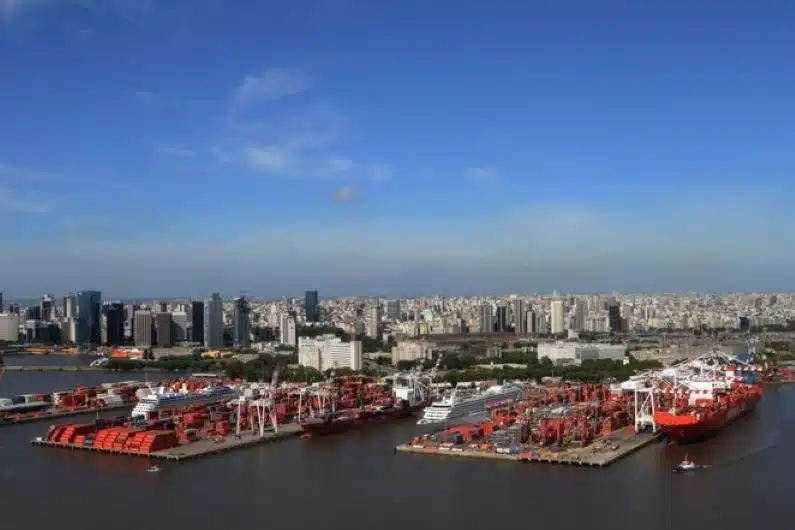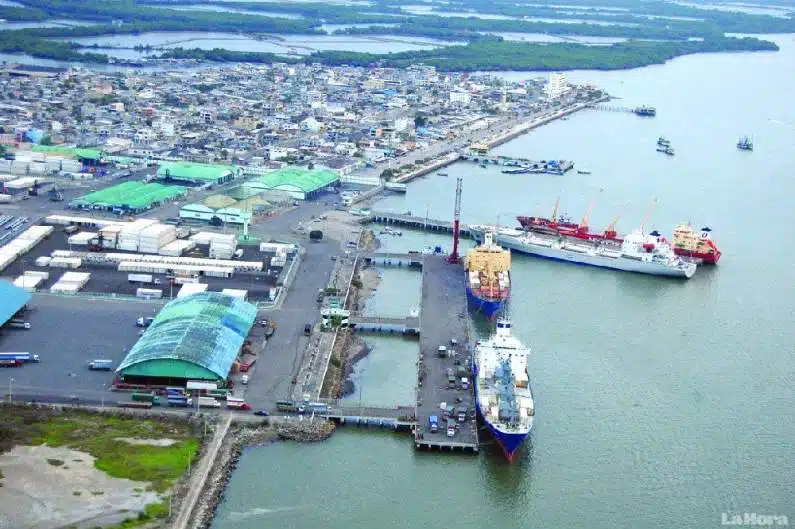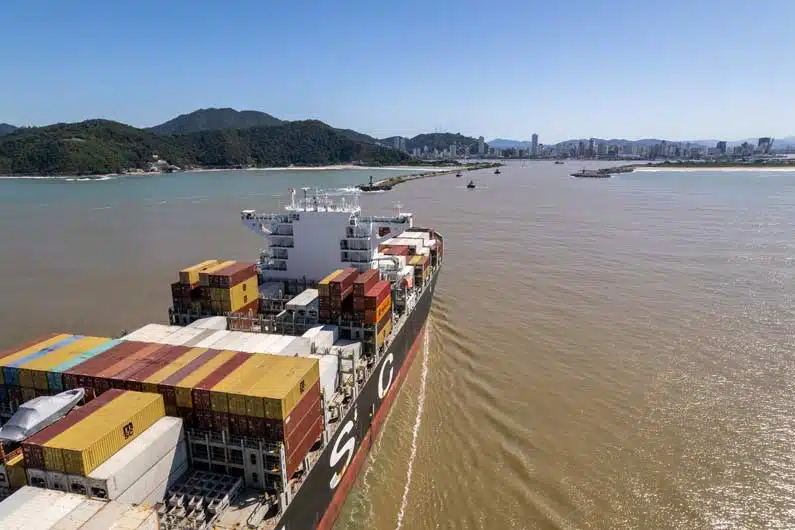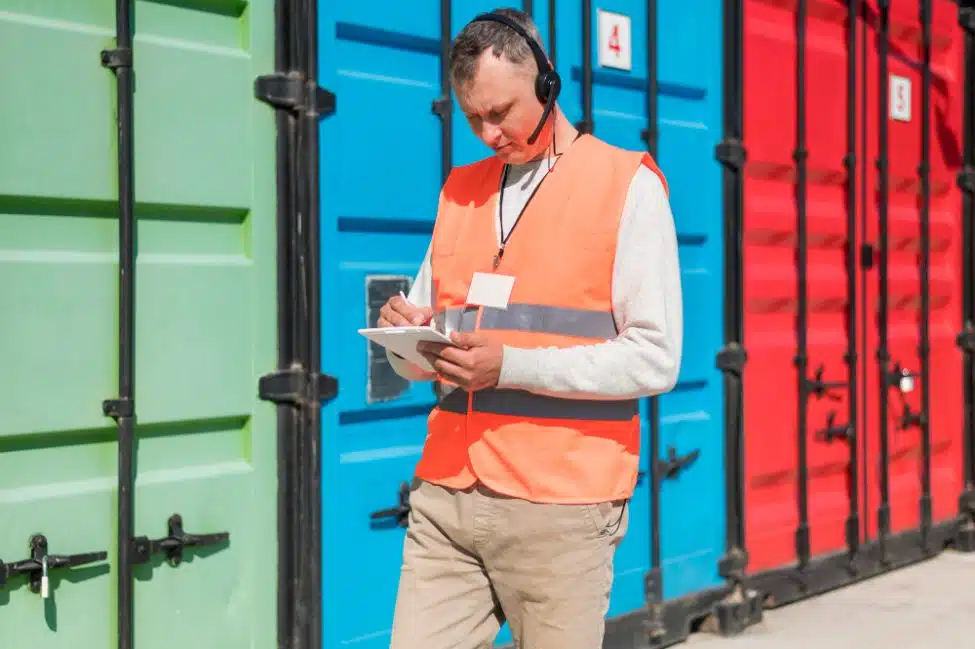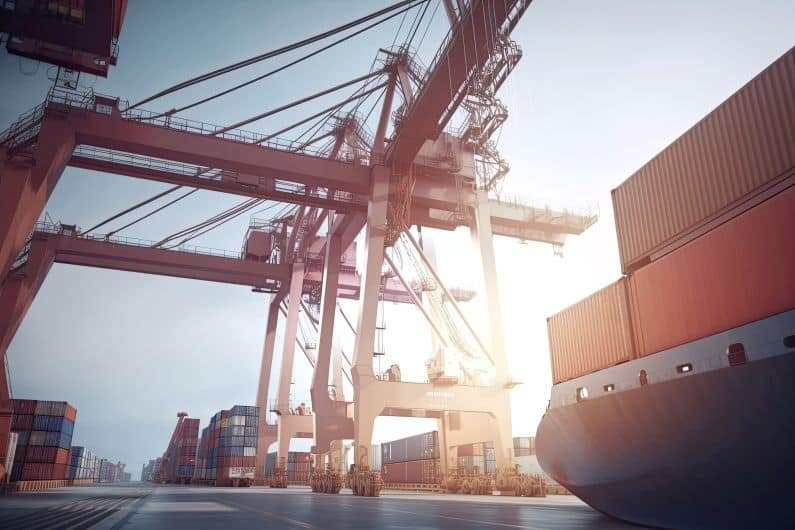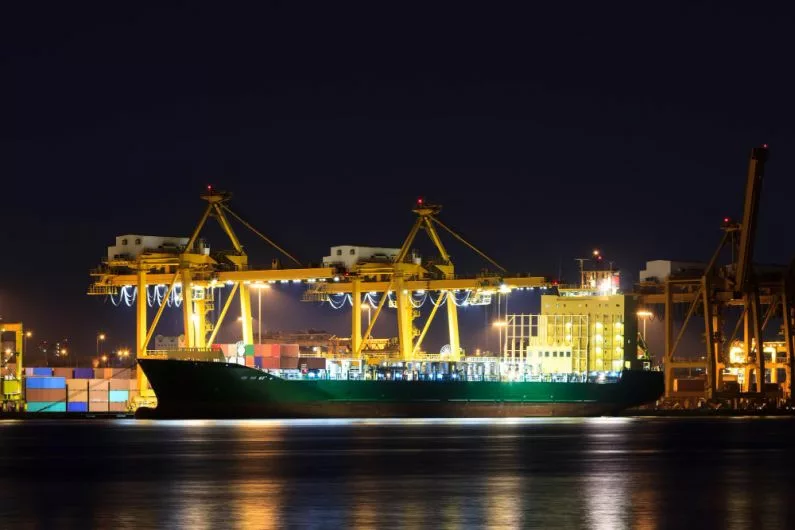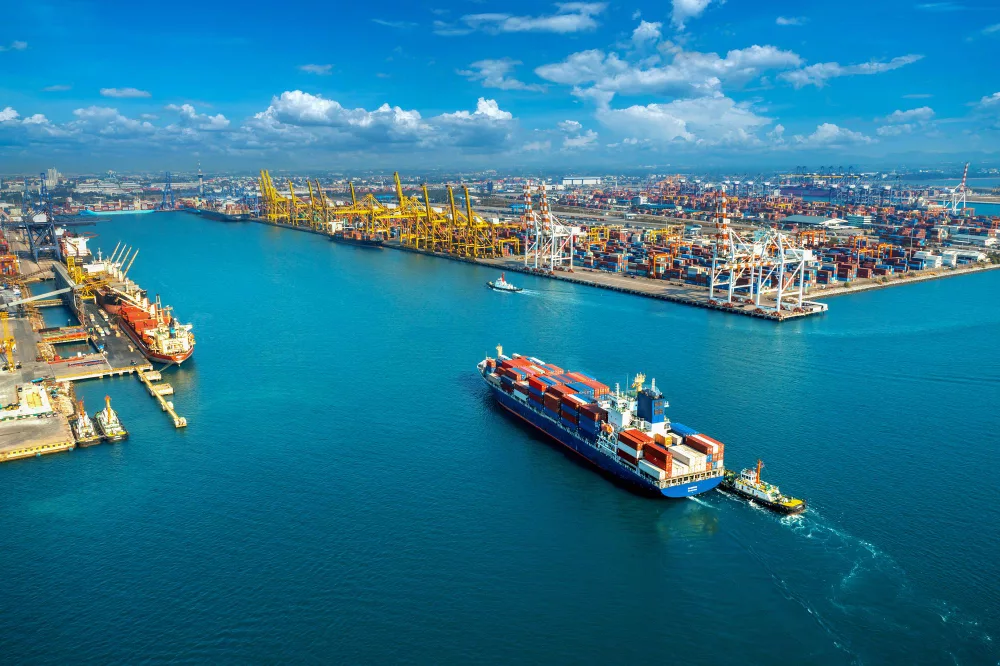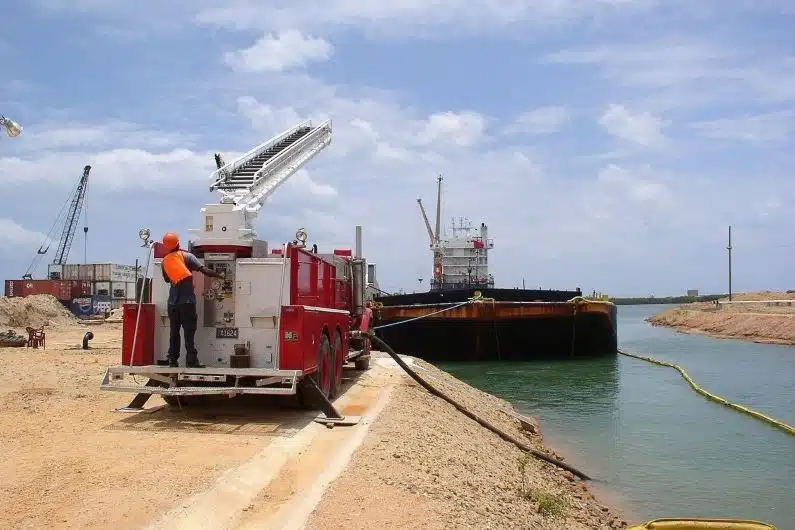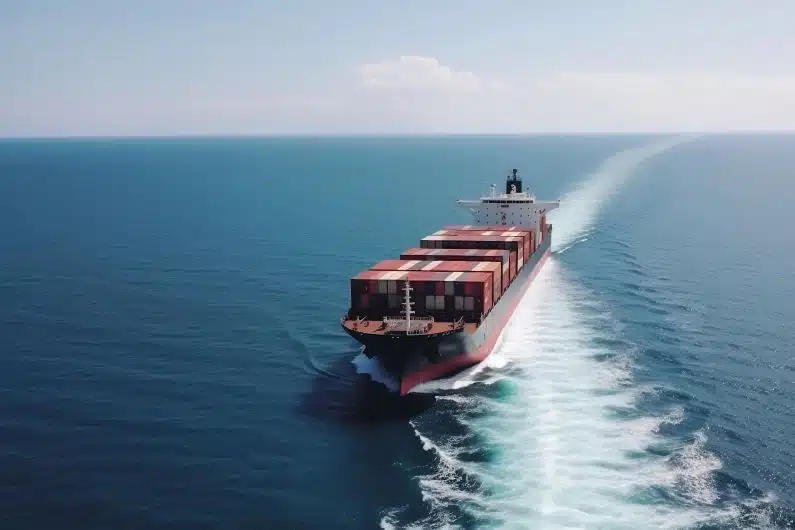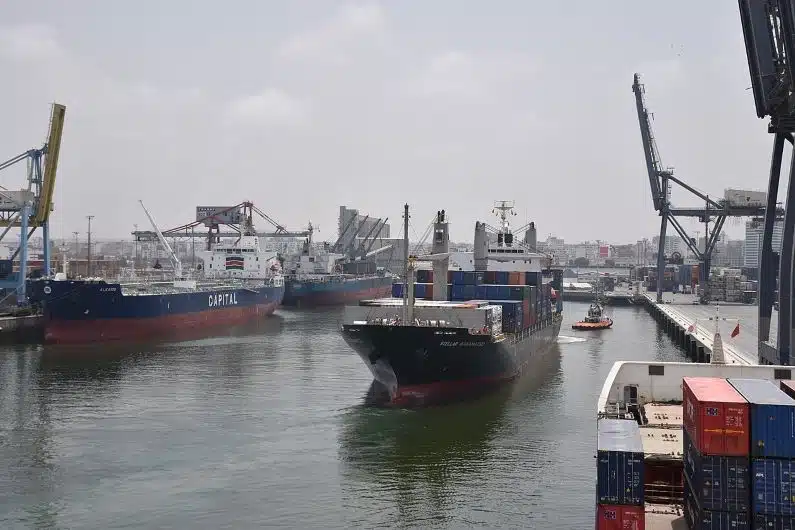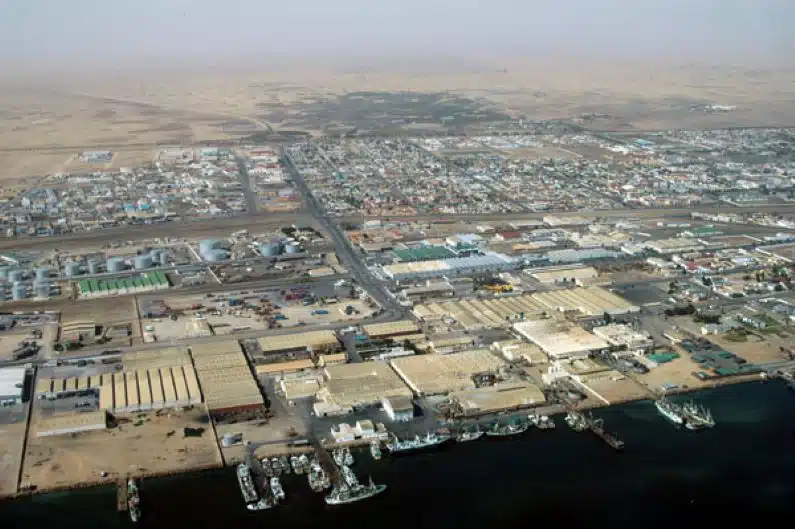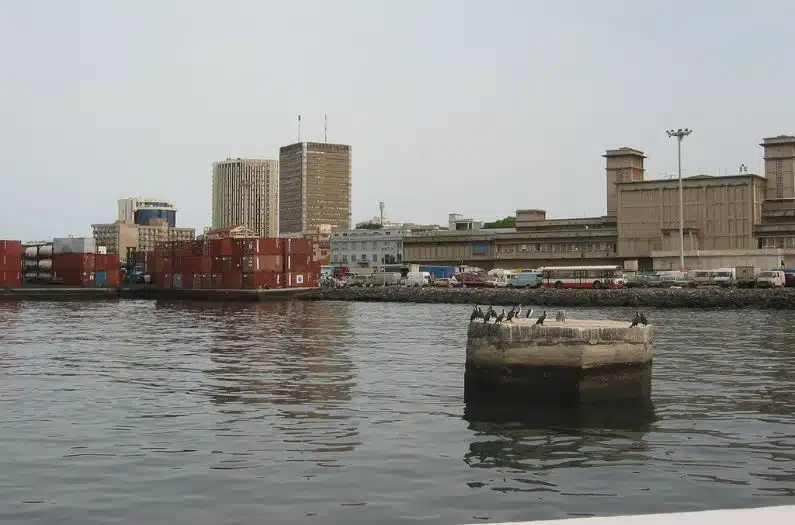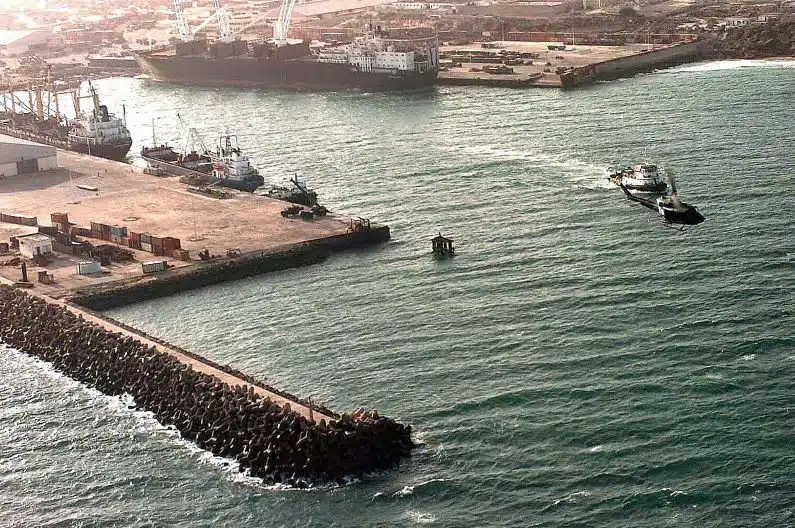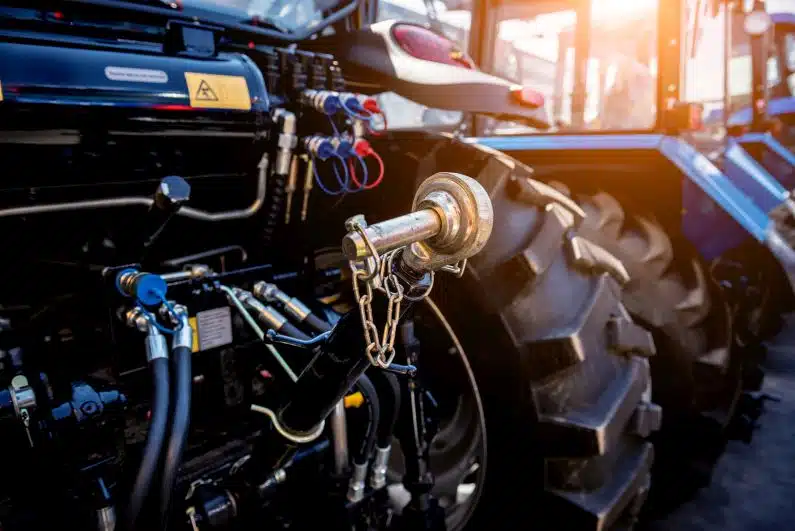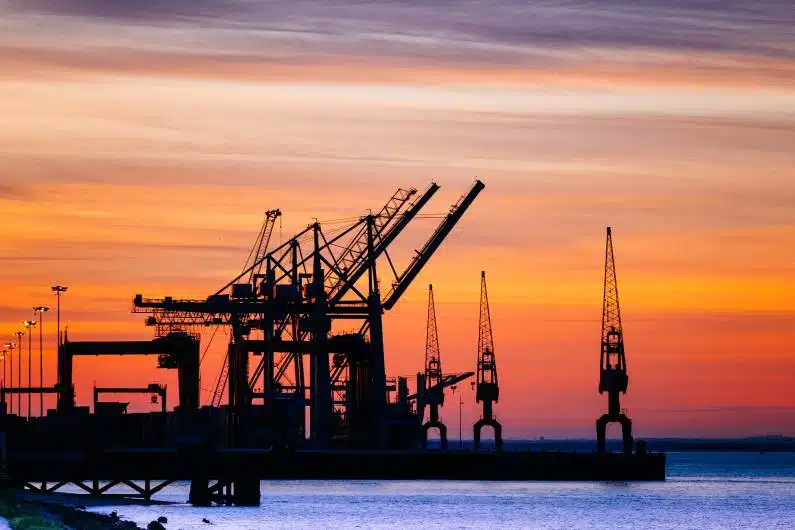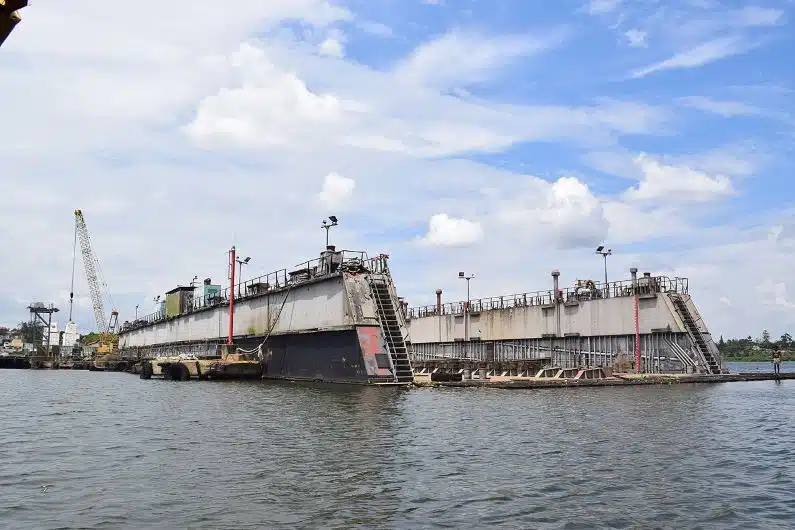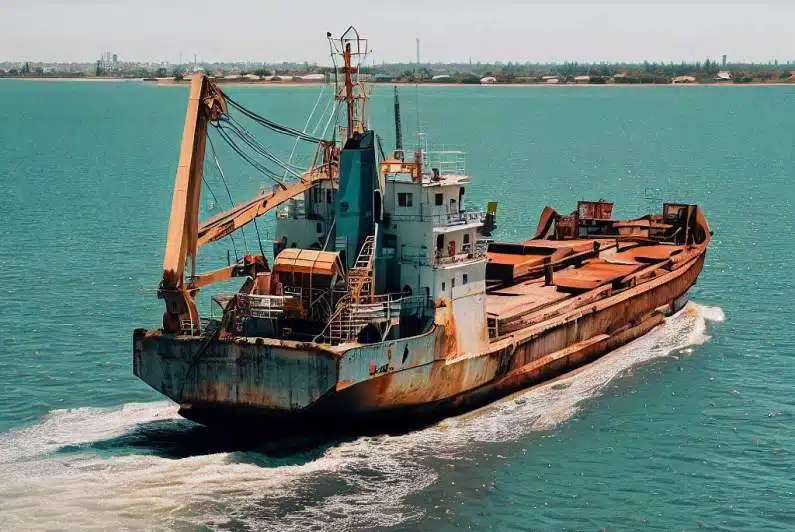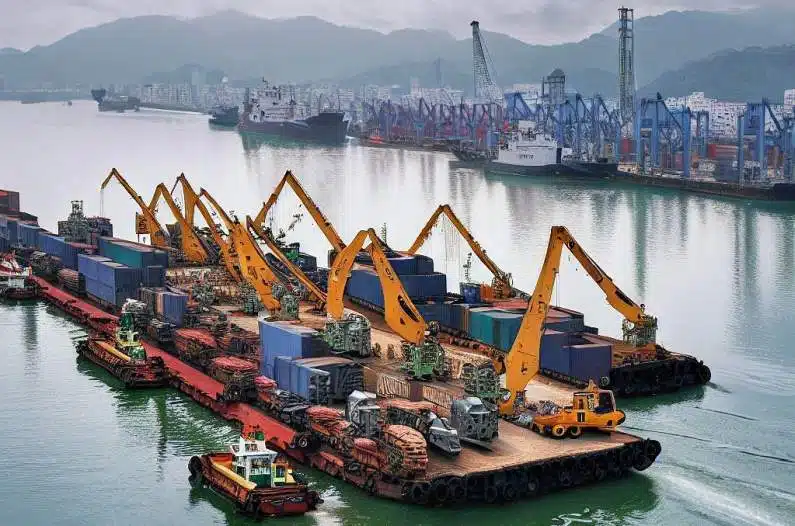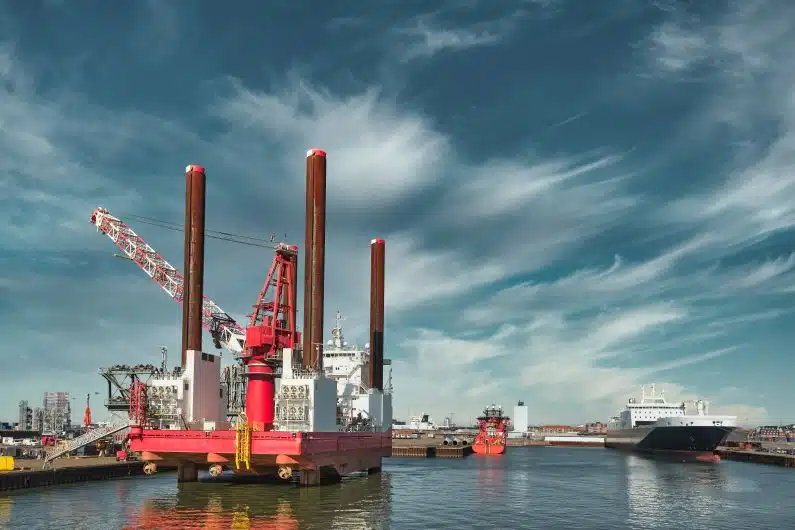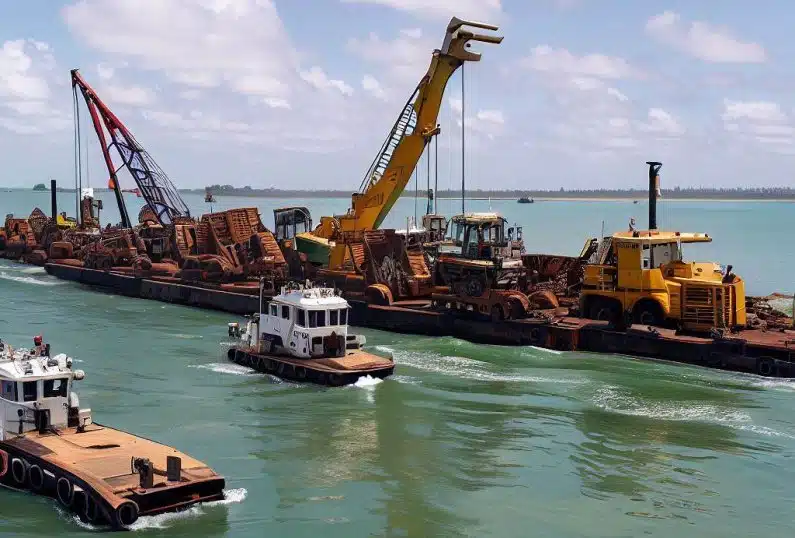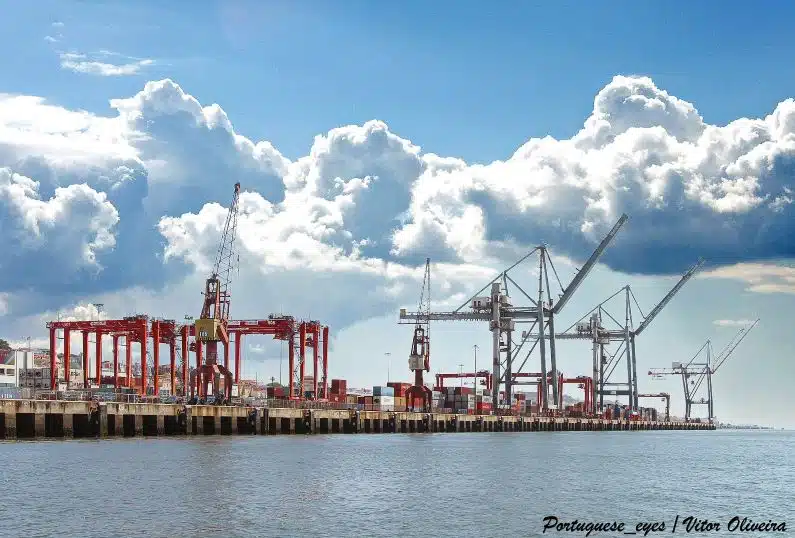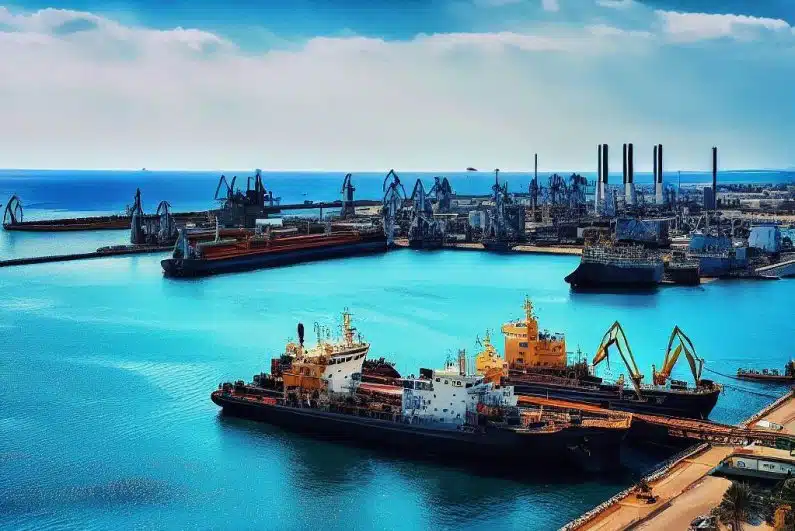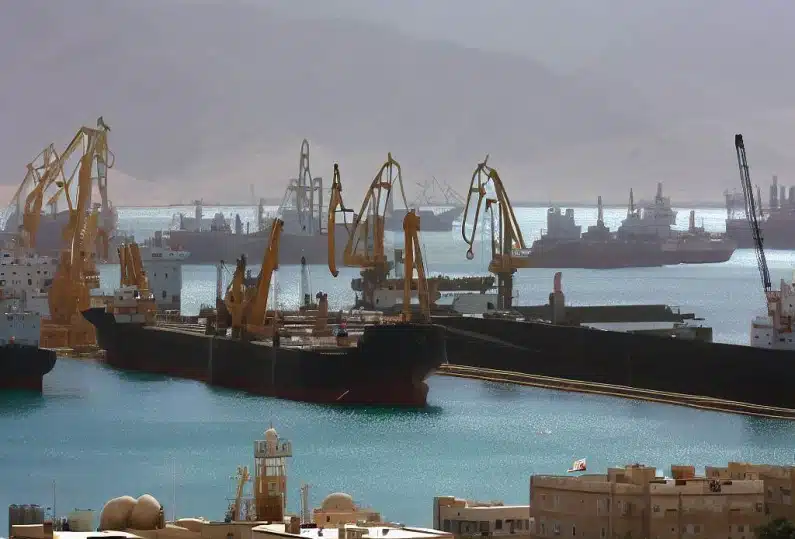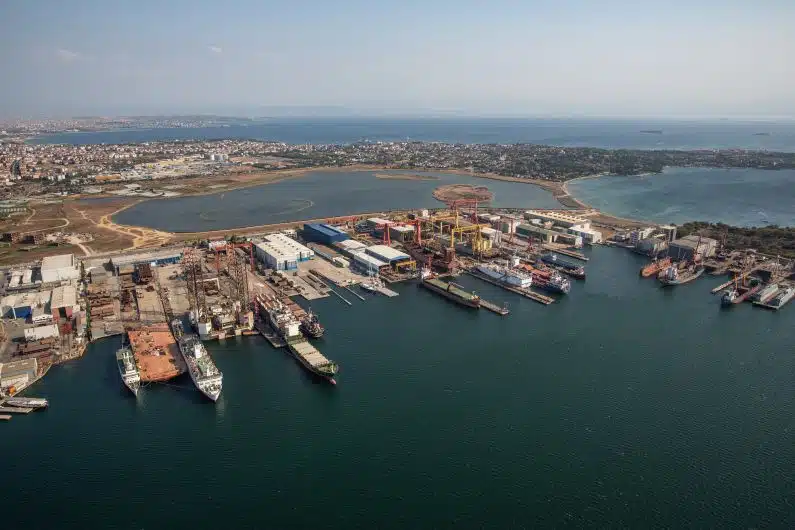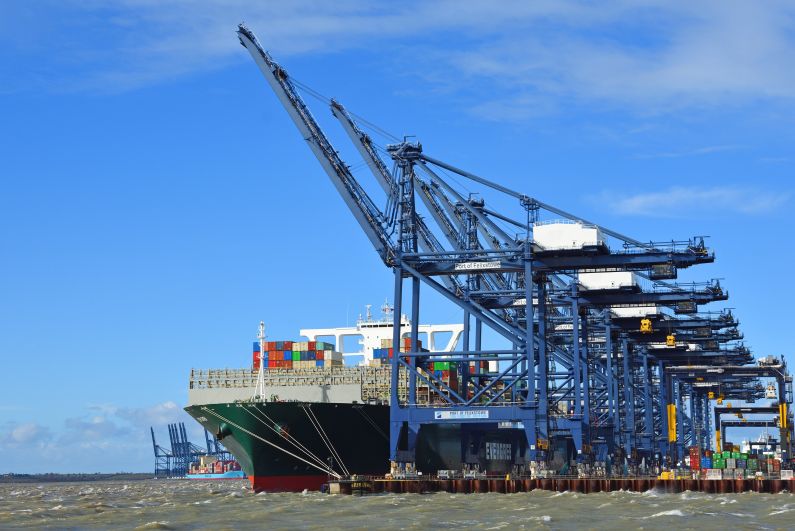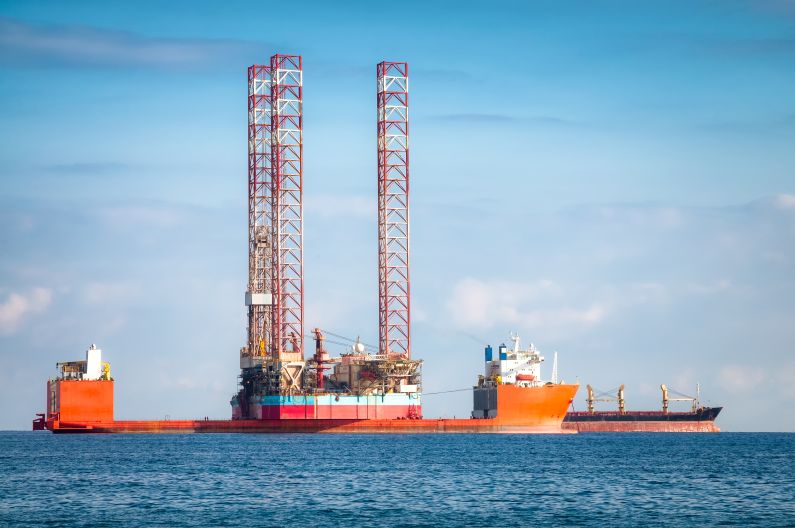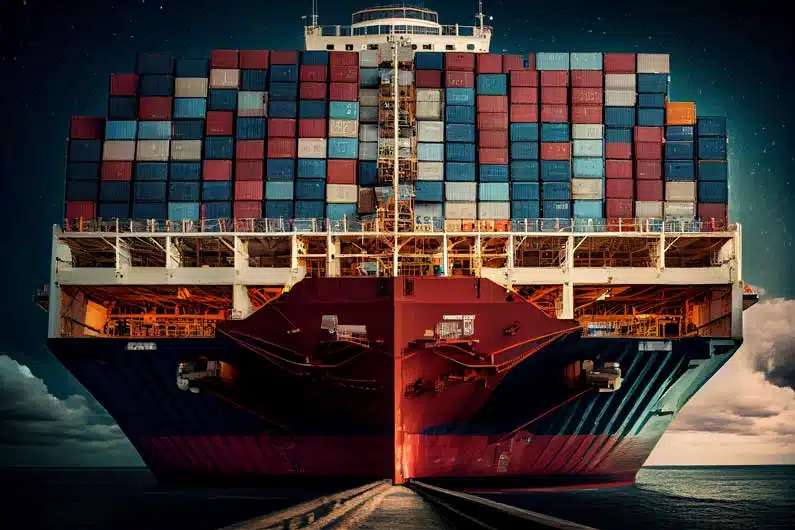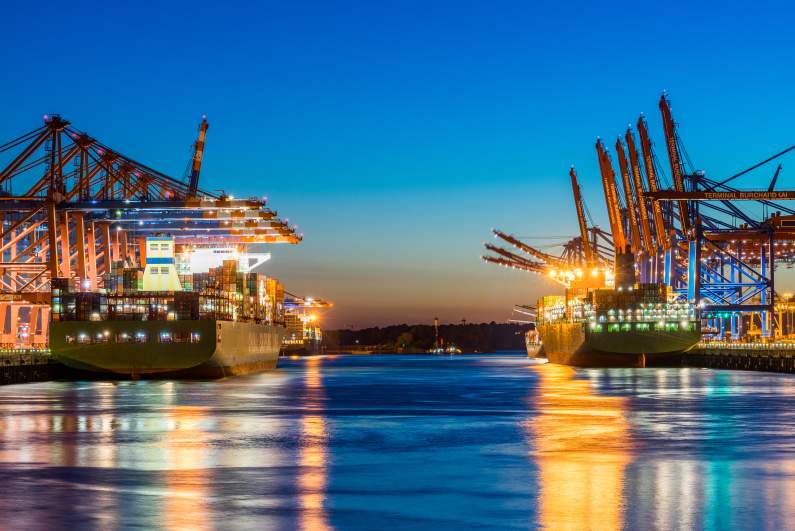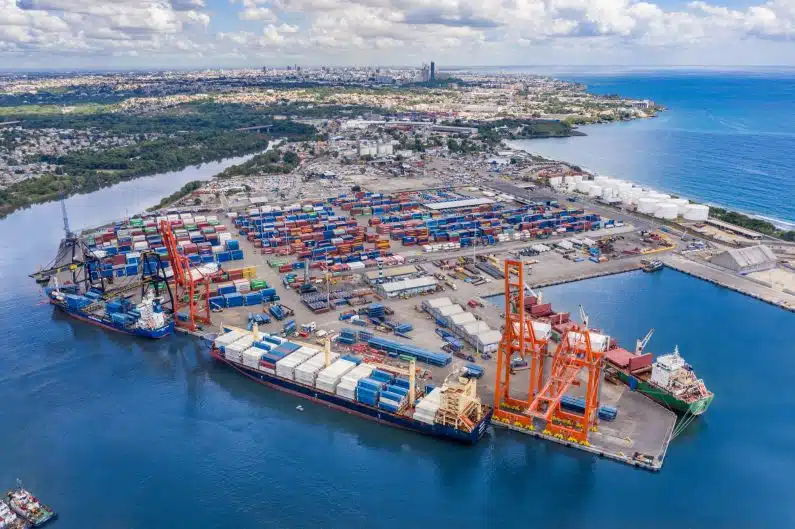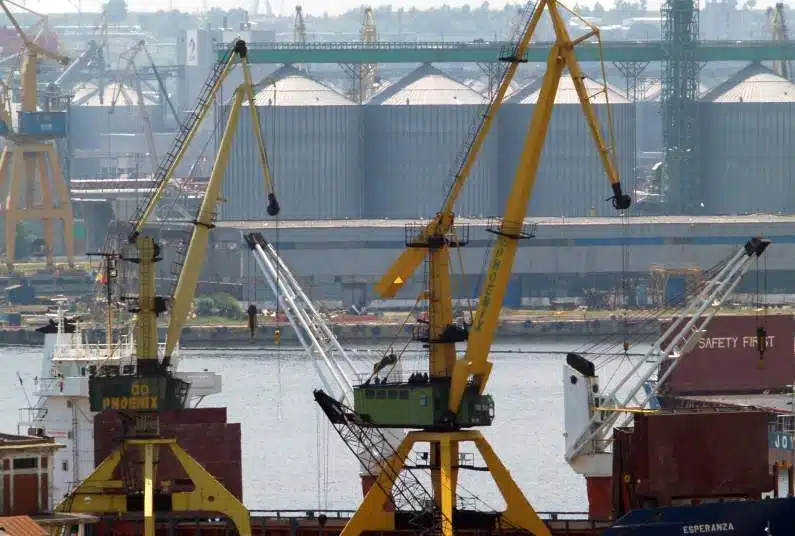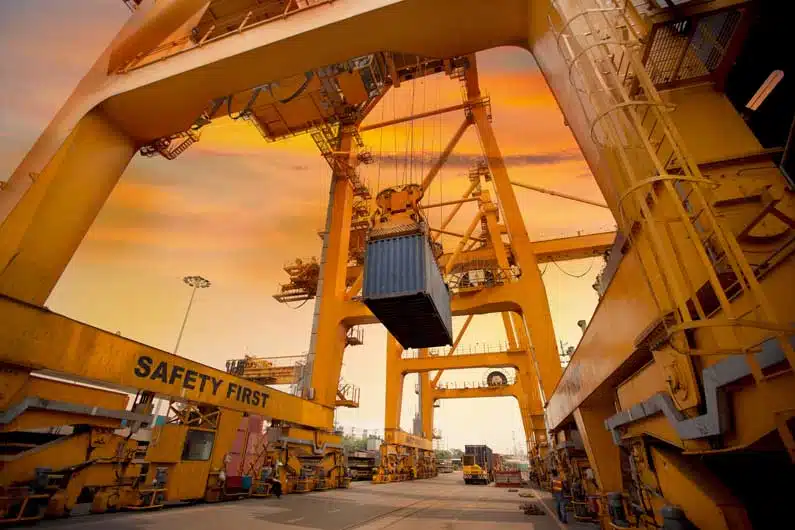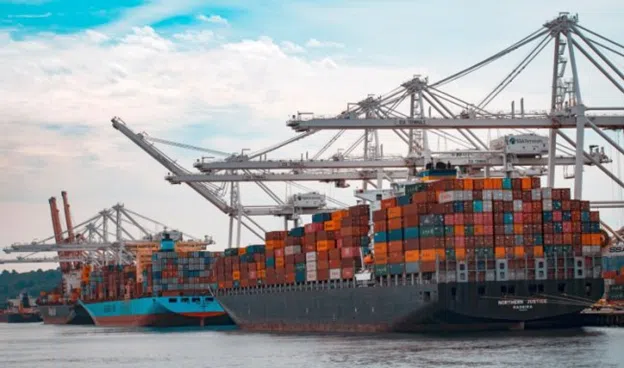The global economy is intricately interconnected with efficient heavy equipment and oil machinery shipping to Chile across international borders. In the following discourse, we shall delve into the multifaceted process that underlies the seamless transportation of these vital assets between the prosperous locales of Houston, Texas, and Chile. Given the formidable presence of thriving oil and gas industries in both nations, the expedient shipping of such equipment assumes paramount significance in meeting the burgeoning demands of this dynamic sector.
Why Shipping to Chile Is So Important
Heavy equipment and oil machinery shipping to Chile from Houston and back hold significant importance due to the vital role these industries play in both countries economies. Chile, being a prominent producer of copper and other natural resources, relies heavily on the efficient transportation of heavy equipment and oil machinery to support its mining operations.
The equipment shipped from Houston enables the establishment and maintenance of mining sites, contributing to Chile’s economic growth and employment opportunities. Similarly, Houston, as a major hub for the oil and gas industry, supplies advanced machinery and equipment to support Chile’s oil sector, which is expanding rapidly. Efficient shipping ensures that the necessary equipment reaches its destination promptly, enabling seamless operations, maximizing productivity, and fostering bilateral trade and economic cooperation between the two countries.
The Shipping to Chile Process
Planning and Documentation
Before heavy equipment and oil machinery shipping to Chile, careful planning and documentation are essential to ensure a smooth process. Companies must determine the type of equipment being shipped, its dimensions, weight, and any special handling requirements. Documentation includes obtaining necessary permits, licenses, and customs clearance documents. Additionally, insurance coverage must be in place to protect against any potential damages or loss during transit.
Transportation Modes
The transportation modes chosen for shipping heavy equipment and oil machinery vary based on several factors, including cost, time, and equipment specifications. In the case of shipping between Houston and Chile, both air freight and ocean freight are common options.
Air freight
When time is of the essence or the equipment is urgently needed, air freight is an ideal choice. It provides fast transportation, minimizing delays in production or project timelines. However, air freight can be expensive, particularly for oversized or exceptionally heavy equipment.
Ocean freight
Ocean freight is the most common method for shipping heavy equipment and oil machinery due to its cost-effectiveness. Container shipping is suitable for smaller equipment, while Roll-on/Roll-off (RoRo) or Breakbulk shipping is utilized for larger and heavier machinery. RoRo involves driving the equipment onto specialized vessels, whereas Breakbulk shipping entails disassembling and loading the machinery onto the ship piece by piece.
Packaging and Securement When Shipping to Chile
Proper packaging and securement are crucial to safeguard the equipment during transit. Heavy equipment and oil machinery must be adequately protected from environmental factors, such as humidity, temperature fluctuations, and potential water damage. Additionally, equipment should be securely fastened and immobilized within containers or onto specialized transporters to prevent shifting or damage during transport.
Customs and Regulatory Compliance
Heavy equipment and oil machinery shipping to Chile involves compliance with various customs regulations and trade agreements. Export and import regulations, duty fees, taxes, and temporary import permits are some of the considerations that must be addressed. Working with experienced customs agents and freight forwarders helps ensure compliance with all relevant regulations, minimizing delays and potential penalties.
Specialized Equipment and Handling
Heavy equipment and oil machinery often require specialized handling equipment to load and unload them from vessels. Cranes, forklifts, and other lifting devices are used to handle heavy loads safely. Skilled operators must perform these tasks to minimize the risk of accidents, damage, or injuries. It is crucial to have knowledgeable personnel and the appropriate equipment for efficient handling throughout the shipping process.
Why Texas International Freight Is the Best Option When Shipping to Chile
When it comes to heavy equipment and oil machinery shipping to Chile, Texas International Freight stands out as a top choice for customers. There are several reasons why this company is the preferred option. Firstly, Texas International Freight has extensive experience and expertise in handling oversized and heavy cargo, making them well-equipped to handle the specific challenges associated with shipping heavy equipment. Their team understands the intricate logistics involved and can provide tailored solutions to meet each customer’s unique requirements.
Secondly, the company has established a strong network of partners and agents in Chile, ensuring a seamless and efficient shipping process from start to finish. This allows for smooth customs clearance, local transportation arrangements, and reliable delivery to the final destination.
Additionally, Texas International Freight prioritizes customer satisfaction and provides excellent customer service, offering transparent communication, timely updates, and personalized assistance throughout the shipping process. These factors make Texas International Freight the ideal choice for customers seeking a reliable and trusted partner for heavy equipment and oil machinery shipping to Chile.
Conclusion
Heavy equipment and oil machinery shipping to Chile from Houston and back involve a meticulous process to ensure the safe and timely delivery of these valuable assets. By carefully planning, selecting the appropriate transportation modes, addressing documentation requirements, and complying with customs regulations, companies can streamline the shipping process.
With effective packaging, securement, and specialized handling, the risk of damage or loss can be minimized. As the oil and gas industries continue to expand, optimizing the shipping process becomes essential for maintaining productivity and meeting the demands of these thriving sectors.


